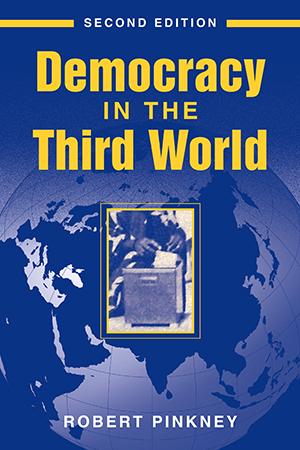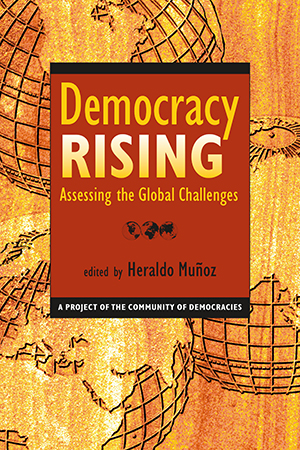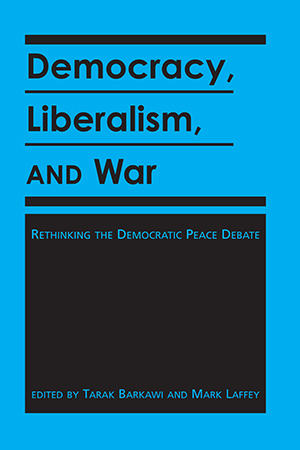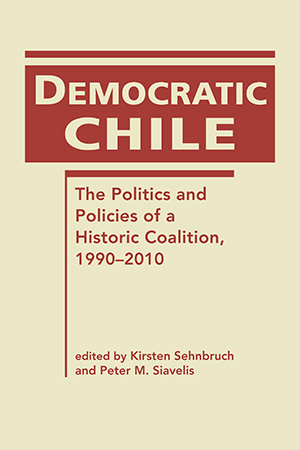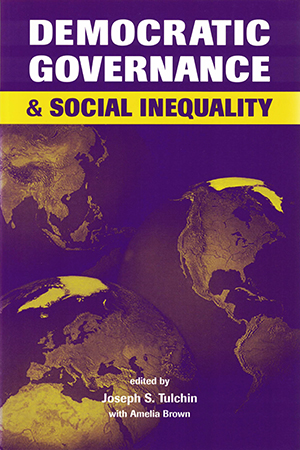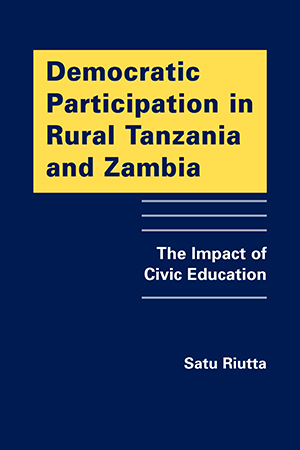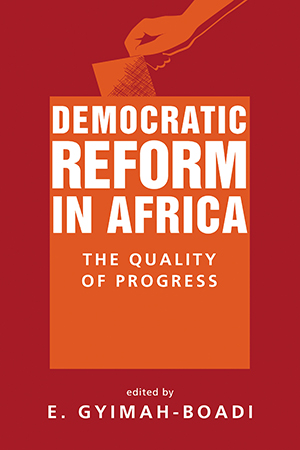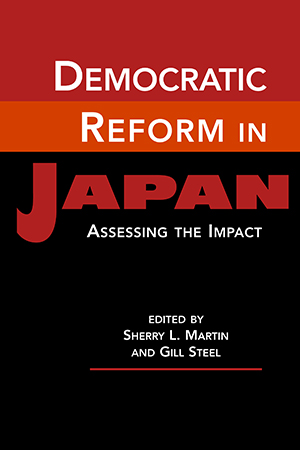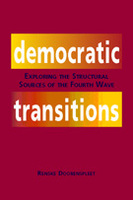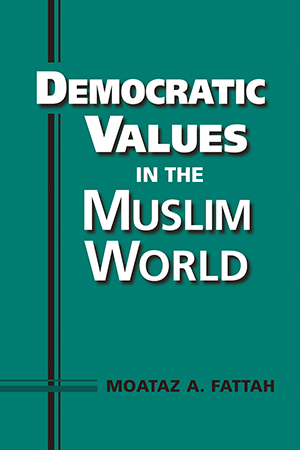BOOKS
Thoroughly updating his widely acclaimed book on third world democracy, Pinkney incorporates provocative explorations of the influences of external forces, the roles of the state and civil More >
This timely assessment of both the progress toward democratic governance globally and the significant challenges that democracies face is the outcome of a seminar organized by the Community More >
The connection between liberalism and peace—and the reason why democratic countries appear not to go to war with each other—has become a dominant theme in international relations More >
How was Chile transformed both politically and economically during the two decades of center-left coalition (Concertación) government that followed the country's return to More >
This controversial book examines the challenges that social inequities present to democratic governance. The authors argue that issues of poverty and inequality—far from More >
Satu Riutta asks whether civic education initiatives—to which huge sums of donor funds and effort are devoted annually—actually promote political participation among the rural More >
After years of reform efforts in Africa, much of the optimism over the continent's prospects has been replaced by widespread "Afropessimism." But to what extent is either view More >
Widespread dissatisfaction in Japan in the 1990s set the stage for numerous political reforms aimed at enhancing representation and accountability. But have these reforms in fact improved More >
With the widespread movement toward democratization that characterized the first post-Cold War decade, why did some nondemocratic regimes undergo a transition toward a democratic political More >
Is Islam compatible with democracy? Despite the seemingly endless debate on this issue, Moataz Fattah's study is a rare investigation of actual Muslim beliefs about democracy across More >



